Dr. Elizabeth Salisbury-Afshar on addiction and imprisonment
UW Health Behavioral Health and Recovery Clinic addiction medicine physician Dr. Elizabeth Salisbury-Afshar examines how incarceration impacts people struggling with mental health and substance abuse.
By Aditi Debnath | Here & Now
June 19, 2024
VIDEO TRANSCRIPT
Dr. Elizabeth Salisbury-Afshar:
I think the only other thing I would say is, it's really important to think about the language that we've used for decades in this country. We call it a criminal justice system, yet when you look at who's incarcerated, we repeatedly see that it is not just. Specifically for drug-related charges, we know from decades of surveillance data that white people and Black people use drugs at similar rates. But when you look at who's arrested, who's charged, who's prosecuted, we repeatedly see that Black individuals are much more likely to be in the criminal, I'm going to call it the criminal legal system. When we look at white men and Black men with identical drug-related charges, we see that Black men serve 20% more time. That is not a just system. We as a society have decided that certain drugs should be illegal and that the appropriate response should be incarceration. But as we've talked about, incarceration isn't, quote/unquote, "correcting people," right? Our correctional environments are jails and are prisons. We're not set up to be mental health treatment centers. We're not set up to be substance use treatment centers. So if people's primary offenses are nonviolent, right? And really related to their behavioral health conditions, I think we have to be asking ourselves, is incarceration the appropriate response? As a public health provider, a practitioner, excuse me, as an addiction treatment provider, I would say that I don't think these are the appropriate responses, right? The appropriate responses should be evidence-based in supportive care, and we cannot, as a society, continue to act surprised when we continue to put people in cages that their mental health and their substance use disorders aren't getting better, particularly when, at the point of release, they now have additional challenges that they didn't have before. So I think we really have to think about the terms, we have to think about is the criminal justice system just? I would argue that in many ways it's not. Are correctional settings actually, quote/unquote, "correcting people?" At least in the space of behavioral health conditions, I would argue that they're not, and I think we can do better, and we have to call on ourselves, our legislators to continue to think about ways to do better.
 Passport
Passport




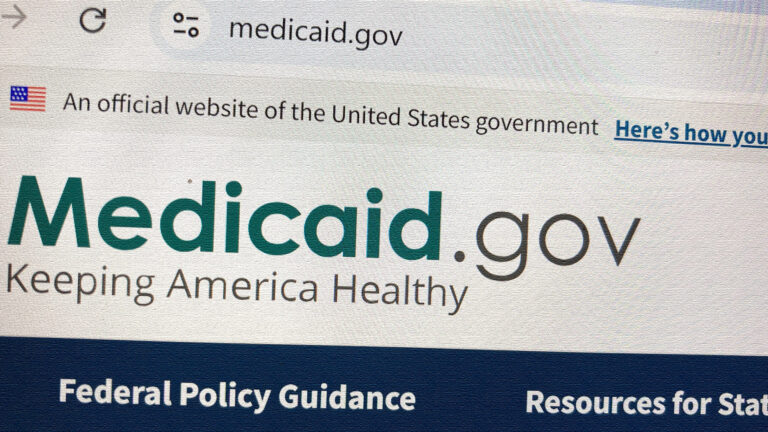
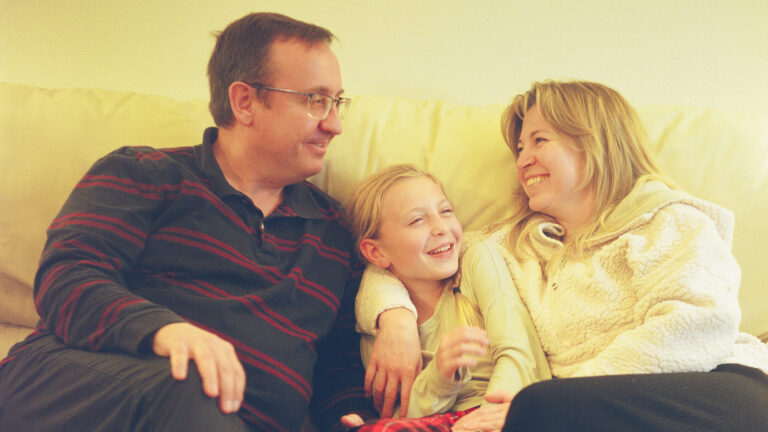

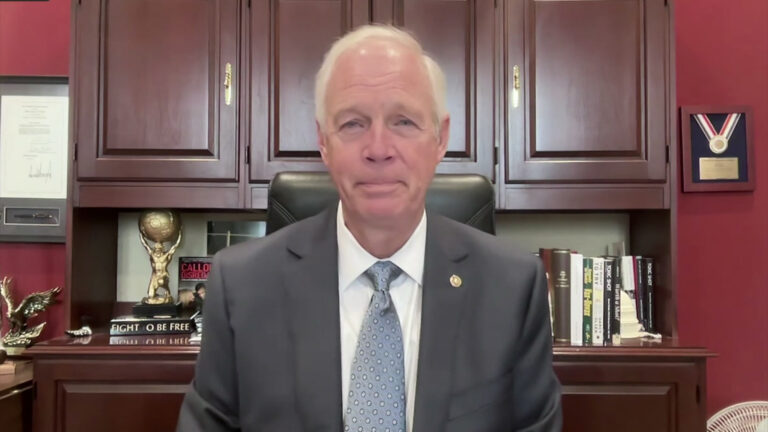
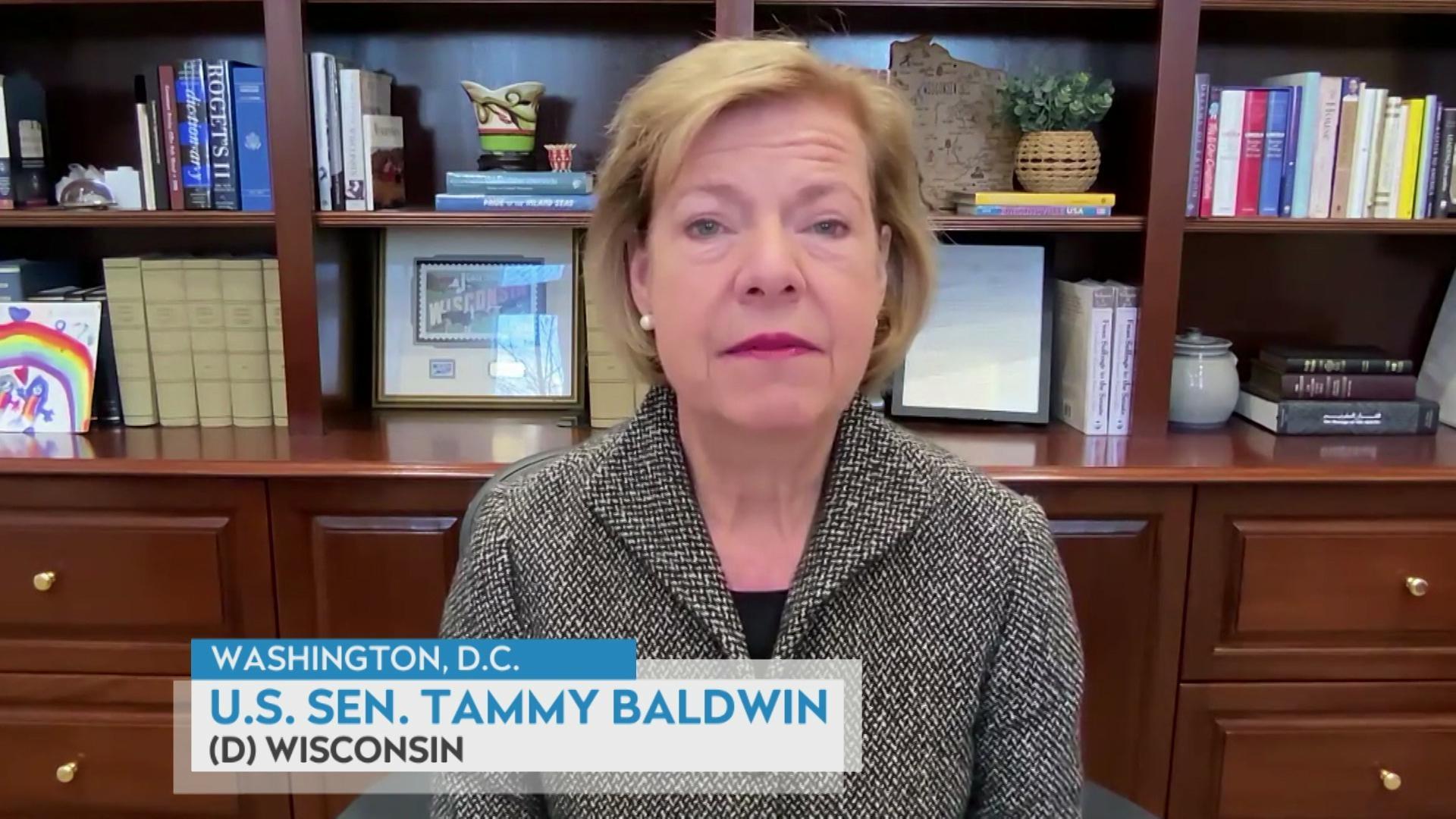
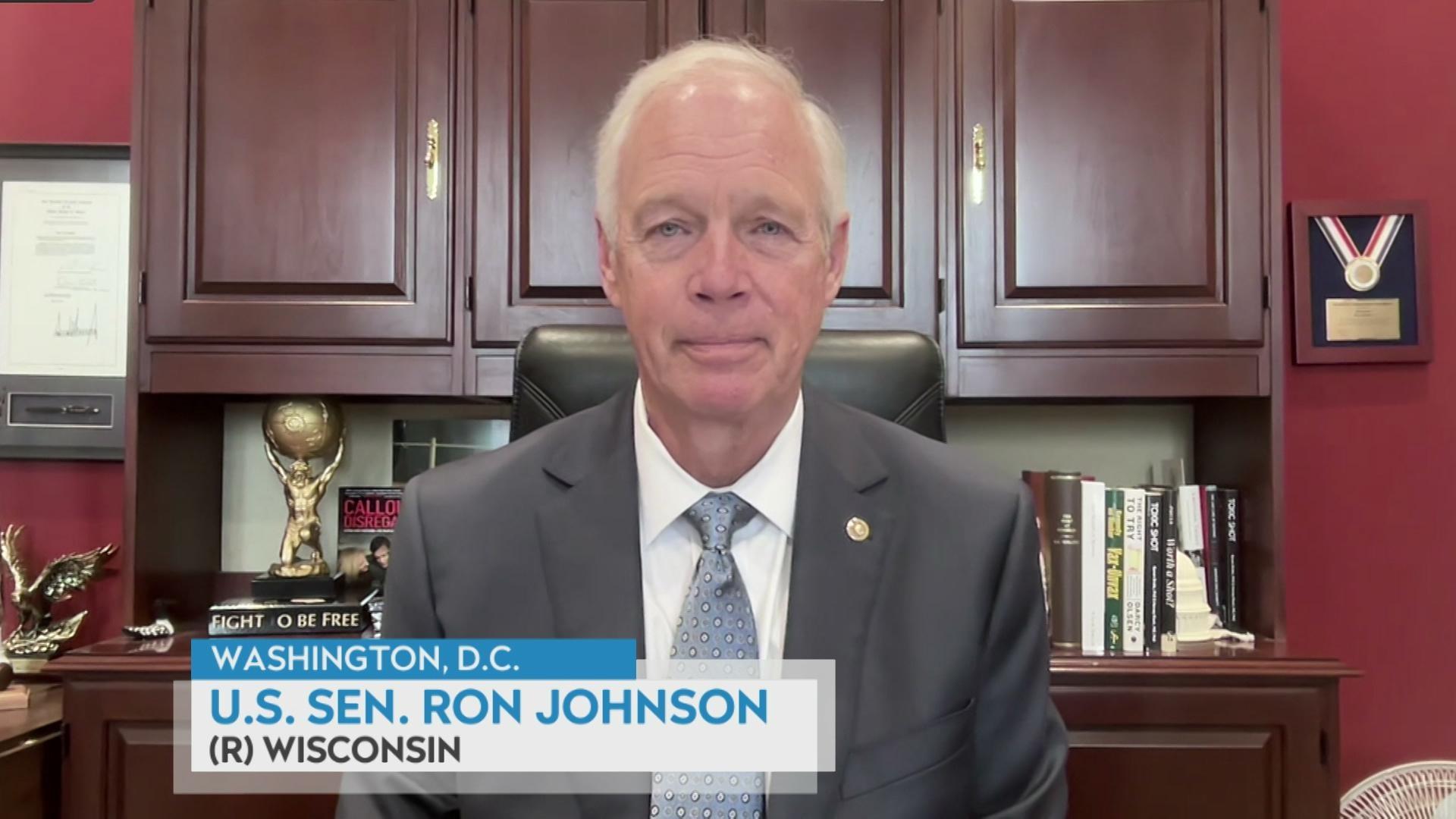

Follow Us